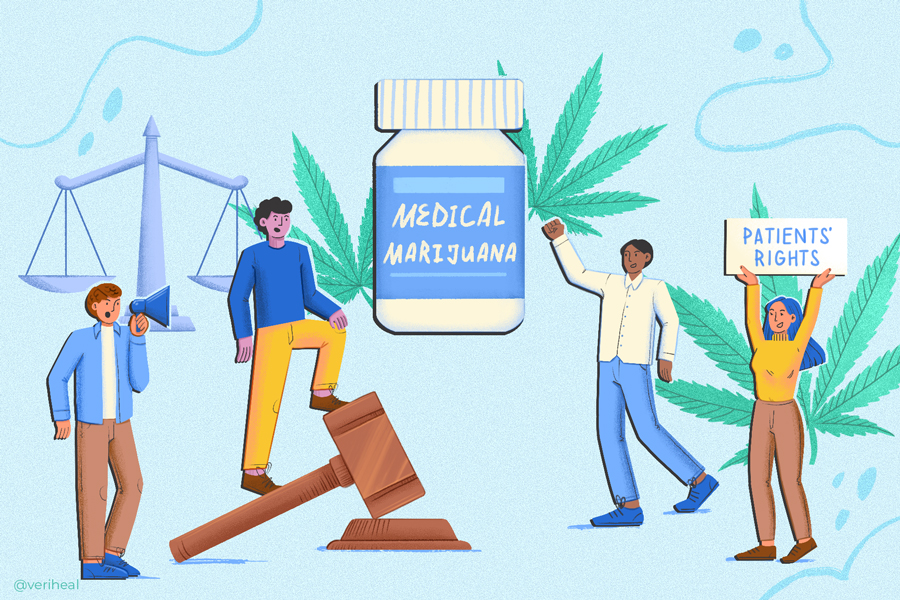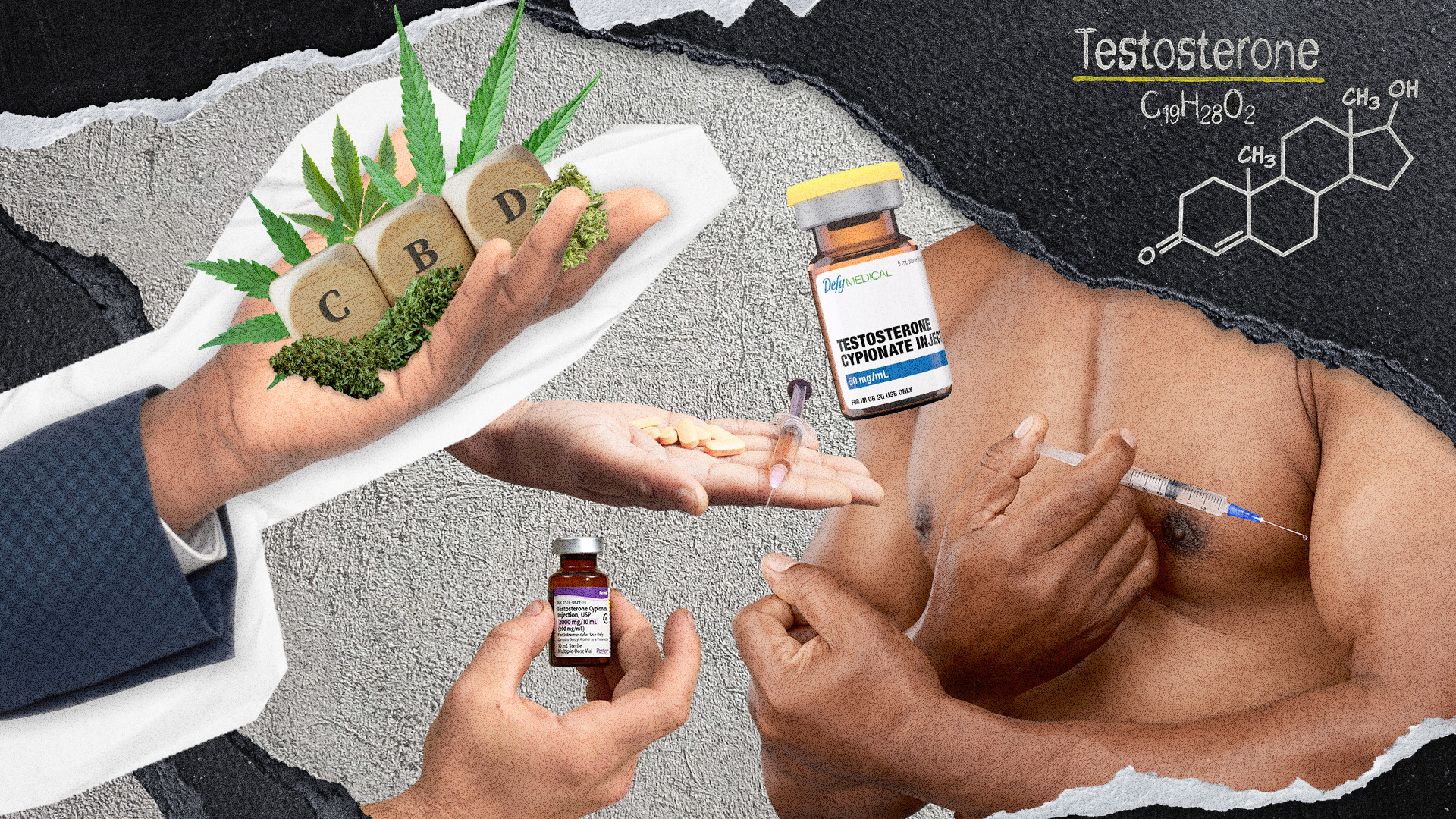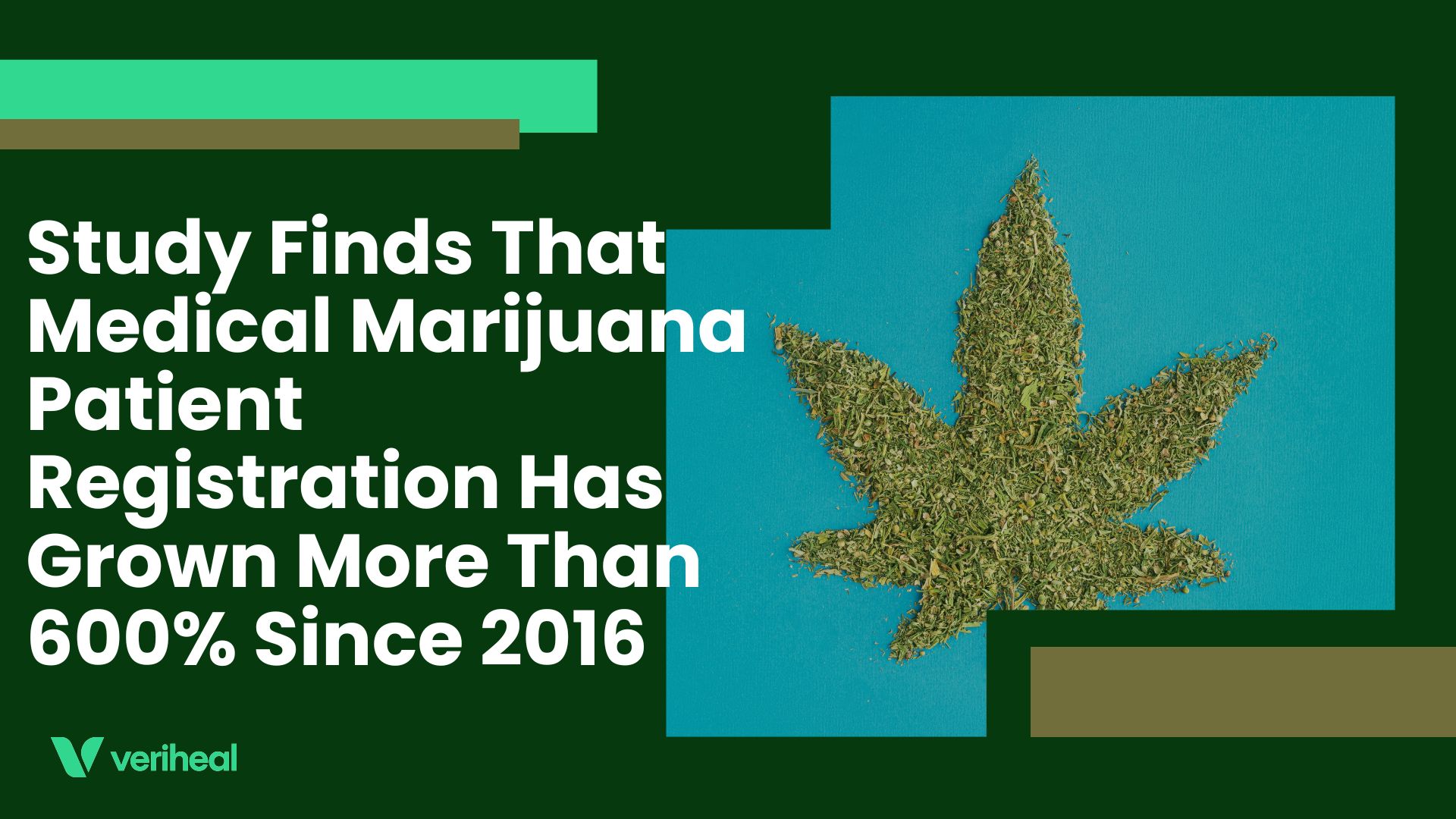As medicinal and recreational cannabis legalization continues to sweep across the United States, a recent study paints a concerning portrait of many states denying or restricting medical marijuana (MMJ) access.
Despite notable advances in MMJ research over the last decade, scientists have found that some states’ restrictions on qualifying conditions prevent millions of patients from getting the treatments they need—robbing them of potential relief offered by cannabinoid therapies.
To explore this issue further, let’s look at the key findings of this groundbreaking new research.
How Do MMJ Restrictions Affect Patients and Doctors?
Similar to Veriheal, Nugg MD connects MMJ patients to physicians via telemedicine.
Their newly unleashed powerful study suggests the need for greater access to cannabis-based medical treatments and more robust protection of healthcare professionals exploring these options with their patients. Here’s what the study found:
- States with restrictive qualifying conditions lists are “deterring patients from seeking the medication they need.”
- Restricting qualifying conditions also results in limited data collection, hindering the collective understanding of medical cannabis.
- Many patients take MMJ for more reasons than one.
Why Do MMJ Patients Use Cannabis?
Nugg MD’s research explored the motivations behind people’s use of medical cannabis, uncovering fascinating insights about why this treatment is increasingly sought-after.
They found that most patients apply for an MMJ card to alleviate the following:
While most medical marijuana patients utilize it to treat one of their state’s listed conditions, a select few are tapping into its potential for treating unlisted ailments.
Perhaps there’s more complexity behind their decision-making process than meets the eye—especially since they likely have to select different conditions depending on what is legally available in their state.
To understand this concept, imagine a cannabis-friendly state makes provisions for eight qualifying conditions:
- Cancer
- Epilepsy
- Autoimmune disorders
- PTSD
- Arthritis
- Irritable bowel disorders
- Anxiety
- Other conditions
While a more restrictive state only makes provisions for five:
- Cancer
- Epilepsy
- Arthritis
- Anxiety
- Other conditions
The problem is, in the more restrictive states, if patients require medical marijuana for autoimmune disorders or PTSD, they have no choice but to present it as “other conditions”—like anxiety, which anyone can experience at any time.
Nugg MD’s report suggests there is more to unpack when analyzing healthcare disparities related to MMJ access. Although respondents frequently have to choose “other conditions” to meet MMJ requirements, it’s an unfortunate reality for millions due to restrictive laws and policies, further skewing data towards more universally accepted health issues.
Opioid Abuse and Drug Overdose Deaths Are Higher in States With Restrictive MMJ Policies
Despite ongoing political debates about the limitations of medical marijuana programs, a 2019 study published in the Journal of Patient-Centered Research and Reviews provided further evidence of how MMJ-restrictive states inadvertently impact their patients.
According to the study, individuals living in states where medical cannabis is difficult to access are more likely to resort to prescription drugs to treat chronic pain or other debilitating conditions.
This suggests that not only may MMJ-restrictive states be failing their citizens by denying access to a proven therapy option, but they may also be unknowingly fostering habits that could increase the risks associated with the long-term use of potentially deadly pharmaceutical medications.
What This Study Says About the Future of MMJ
Despite the immense potential of cannabis, its status as a Schedule I drug has been an obstacle in furthering research on the plant. In addition to decades-old stigmas attached to it and its users, progress has been stifled by legal factors that are gradually changing through advocacy and patient support.
Furthermore, Nugg MD’s data shows just how vital MMJ access has become in modern society’s health landscape. However, this study speaks to another dire need for the future: better data collection.
Accurate cannabis data has a unique significance, specifically, when it comes to increasing the number of qualifying conditions nationwide and expanding access–something that can benefit everyone, from patients, practitioners, and policymakers alike.
Final Takeaway
In states that restrict medical cannabis access, patients and doctors are both negatively affected in a number of ways. The study mentioned above makes it clear that restrictive MMJ policies may be exacerbating the problems of opioid abuse and drug overdose deaths in the United States.
As the world moves towards a more accepting view of plant-based medicine, it’s becoming increasingly difficult for lawmakers to justify keeping restrictions in place. Lawmakers should seize this opportunity to make access to MMJ easier and remove the stigma unfairly cast on those seeking relief from their ailments.
Note: The content on this page is for informational purposes only and is not intended to be professional medical advice. Do not attempt to self-diagnose or prescribe treatment based on the information provided. Always consult a physician before making any decision on the treatment of a medical condition.
Author, Share & Comments
















